La pregunta de si los padres cristianos deberían hacer “homeschooling” se está haciendo cada vez más prominente con los últimos desarrollos en los sistemas educativos del mundo. La provincia de Ontario, Canadá, por ejemplo, ha introducido contenido radical sexual en su currículo de salud física, enseñando a los niños en el tercer grado sobre el matrimonio homosexual y la homosexualidad, y a los grados 6 y 7 sobre “masturbación, sexo oral, y anal”. Como dijo el erudito Dr. Scott Masson, el nuevo currículo de la educación sexual es “nada más que un experimento sobre nuestros hijos por parte de los niños de la revolución sexual”, y un cambio de “ignorar a los padres a operar explícitamente contra ellos”.
Desde entonces, un número creciente de familias cristianas han despertado a la realidad de que el sistema de educación pública no es verdaderamente “secular”, es decir, religiosamente neutral. Las presuposiciones religiosas son de hecho anticristianas, arraigadas en la filosofía de la Ilustración. Este racionalismo socava la cosmovisión cristiana al sugerir que el hombre puede llegar a algún conocimiento sobre la realidad, la ética, y la epistemología independientemente de Dios. Y por lo tanto, sin necesidad de Dios, el hombre puede resolver los problemas del mundo solo mediante la razón.
Por supuesto, esta concepción abstracta de la “razón” no existe. Lo que el hombre tiene es el entendimiento, y este entendimiento de la realidad, la ética, y el conocimiento puede ser verdadero o falso. Si se conforma a la palabra de Dios, entonces es la sabiduría de Dios (Prov. 9:10); pero si es contrario a la palabra de Dios, entonces es la necedad de este mundo, el pensamiento caído del hombre natural (Ef. 4:18). Por supuesto, el cristiano no tiene un entendimiento completamente verdadero, ya que todavía se ve afectado por los efectos noéticos (sobre la mente) del pecado, por eso es continuamente corregido por la palabra de Dios.
La razón por la que muchas familias cristianas se han apercibido de estas enseñanzas es porque todos, en algún momento, hemos creído en la idea de un espacio “neutral”. Esto es resultado del pensamiento de la Ilustración, enraizado en lo que los educadores propusieron como la teoría de la “pizarra en blanco” para la mente humana (tabula rasa). Este concepto niega la depravación de la humanidad y sugiere que el hombre nace con una pizarra neutral y en blanco, y por lo tanto no está formado y es irreligioso.
La educación, por lo tanto, es vista por el humanista como una herramienta por medio de la cual se puede traer la salvación de la humanidad. Esto a su vez propuso la división de lo secular y lo sagrado, relegando la religión a la esfera privada, e insistiendo en que todas las cosas en la esfera pública son irreligiosas y neutrales. Pero la educación no es neutral; de hecho, nada en la esfera pública es neutral, porque el hombre mismo no es un ser religiosamente neutral. Él está ya sea de acuerdo con el verdadero entendimiento —sujeto al señorío de Cristo— o desalineado con la necedad y en hostilidad contra Él. En el caso del sistema de educación pública canadiense, su filosofía humanista subyacente es la necedad y la rebelión moral.
Historia de la educación pública
Aunque las escuelas públicas de hoy son cada vez más humanistas, no siempre fueron así. Aunque las escuelas fueron fundadas y financiadas por el estado, el currículo y la naturaleza religiosa de la educación estaba en gran parte “bajo control local y extensamente dado a la influencia religiosa”.1 Esto explica por qué la lectura de la Biblia y la oración fueron integral a la jornada escolar. Los padres todavía eran considerados como los educadores primarios de sus hijos, y como resultado eran consultados, junto a los líderes cristianos de las comunidades Protestantes y Católicas. Sin embargo, con la filosofía de la Ilustración, la educación pública fue envenenada por presuposiciones humanistas y finalmente se convirtió en lo que es hoy.
Esto, por supuesto, no significa que los maestros cristianos dentro del sistema de educación pública están de acuerdo con la agenda del Estado y la filosofía de la Ilustración. Hay profesores cristianos que trabajan como misioneros dentro del campo, buscando de preservar el derecho de los padres e impactar, tanto como les sea posible, con las verdades de la Palabra.
Sin embargo, es muy posible ver un día cercano en que será virtualmente imposible ser un cristiano fiel en un sistema impío. Ese ya es el caso en el contexto canadiense. A los cristianos se les ha dicho que se conformen a las nuevas normas y la ética moral del estado, o que abandonen sus trabajos; por eso hay un creciente desempleo de maestros cristianos.
Alternativas cristianas
A medida que las familias han despertado a esta realidad —que al enviar a sus hijos a la Roma pagana, a menudo muchos regresan romanos— la necesidad de una educación cristiana se ha hecho cada vez más clara.
La educación cristiana ha tomado dos formas principales: la educación en el hogar (homeschooling), y la educación institucional.
Educación en casa
En homeschooling, los padres mantienen y ejercen su derecho de ser los educadores primarios de sus hijos. Y como sujetos a Dios, deben instruirlos en el camino del Señor, no solo teológicamente, sino en todos los aspectos de su currículo. Existen varios recursos disponibles que proporcionan currículos para los padres que se quedan en casa, incluyendo BJU Press. Un ejemplo de la exhaustividad de la educación cristiana se proporciona en el libro Biblical Worldview: Creation, Fall, Redemption [Cosmovisión bíblica: Creación, caída, redención] de Mark L. Ward.
Sin embargo, para proporcionar una educación saludable, los padres también deben evitar la inclinación de aislar a sus hijos de la cultura pública. Los niños, después de todo, no son educados para permanecer dentro de sus lugares “seguros”, sino para que pueden aprender a deconstruir las cosmovisiones antitéticas del mundo mientras aplican la verdad de Dios a cada área de la vida.
Nuestra tarea como padres, entonces, es educarlos y prepararlos para que puedan salir al mundo como misioneros en el sentido más amplio del término, proclamando un cristianismo exhaustivo.
Educación institucional
La otra alternativa para considerar es la educación cristiana a nivel institucional: escuelas cristianas privadas. Si es bíblicamente consistente, la escuela seguirá reconociendo a los padres como los principales educadores de sus hijos, pero como los padres han decidido, pueden delegar su enseñanza a un sistema de educación cristiana.
Hay varios excelentes ejemplos de escolarización cristiana, como el WCCA, que emplea un modelo clásico de educación cristiana. Esta educación implica enseñar a los estudiantes las herramientas del aprendizaje para cultivar un amor de aprendizaje por toda la vida (Fil. 4: 8), que al estudiar el mundo natural a través de la ciencia o apreciar las grandes obras de la música y las artes visuales, siempre son dirigidos a Dios como la fuente final de la verdad, la bondad, y la belleza.
Una tercera opción
Debido a la gracia común de Dios, en muchos países hispanohablantes la educación pública no ha abrazado por completo una enseñanza anticristiana. Así, escuchamos de hermanos en República Dominicana, trabajando dentro del sistema de enseñanza gubernamental y aun instituciones privadas, impactando sustancial y positivamente sus entidades educativas. Situaciones similares se viven en Guatemala, con diversas instituciones de principios cristianos que, si bien privadas, manejan costos accesibles para padres de clase media baja. Perú, Puerto Rico, Colombia, y otros países presentan testimonios similares.
Por tal razón, y por la gracia de Dios, es posible que en algunos casos, familias cristianas puedan verse involucradas en los sistemas seculares, sin poner en riesgo los valores de la Palabra, y aun siendo de testimonio a su alrededor. Por supuesto, eso requiere de una valentía especial, discernimiento de sus circunstancias, y profunda dependencia del Señor, junto a una iglesia sana.
El papel de la Iglesia
También debemos tener en cuenta que hay muchos padres que tal vez no son capaces de hacer homeschooling o inscribir a sus hijos en escuelas cristianas privadas debido a su situación financiera. Habiendo venido de una casa de bajos ingresos cuando era más joven, mis padres tuvieron que trabajar para cubrir nuestros modestos gastos de vida, y a menudo lo que se ganaba no era suficiente para ninguna de las alternativas. Como resultado de mi experiencia, tengo una gran simpatía por los padres que se encuentran incapaces de pagar tal educación cristiana. Esto presenta una valiosa oportunidad para que la iglesia ayude financieramente a tales padres, proporcionando becas o haciendo que la educación cristiana sea más asequible.
Ningún soldado es lanzado al campo de batalla sin el entrenamiento apropiado, primero debe ser entrenado antes de que pueda ser enviado a la batalla. El mismo principio se aplica a nuestros hijos, llamados a ser profetas, sacerdotes, y reyes de Dios. Si esperamos ver una iglesia fuerte y vibrante que sea capaz de crear y cultivar una cultura cristiana, primero debemos recuperar la educación de nuestros hijos. Y de ninguna manera podemos dejárselo al estado o a aquellos que no conocen a Dios.
[1] Rousas J. Rushdoony, Intellectual Schizophrenia: Culture, Crisis and Education (Vallecito, CA: Ross House Books, 2002), 59.
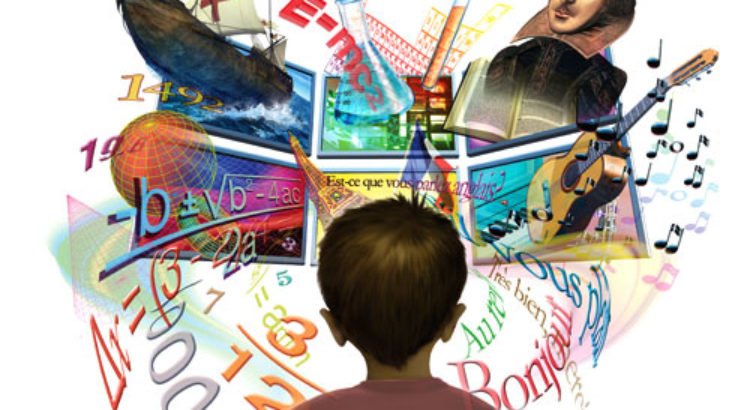
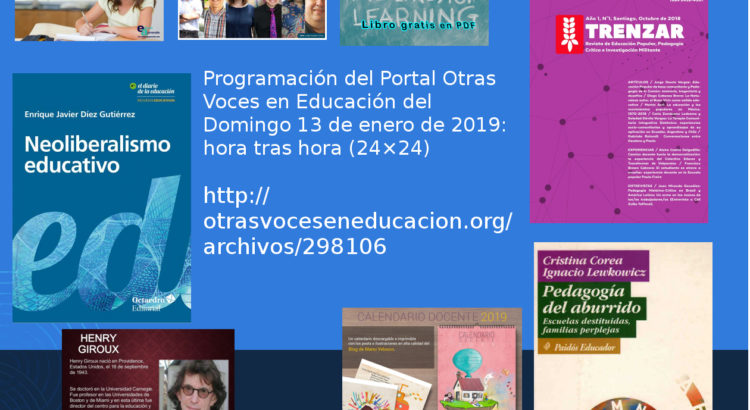
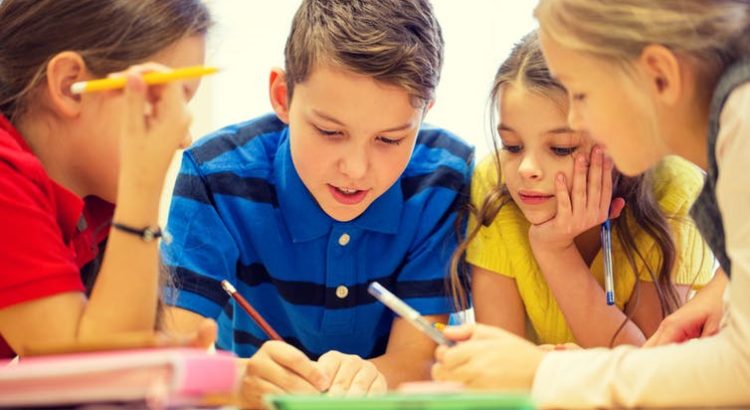
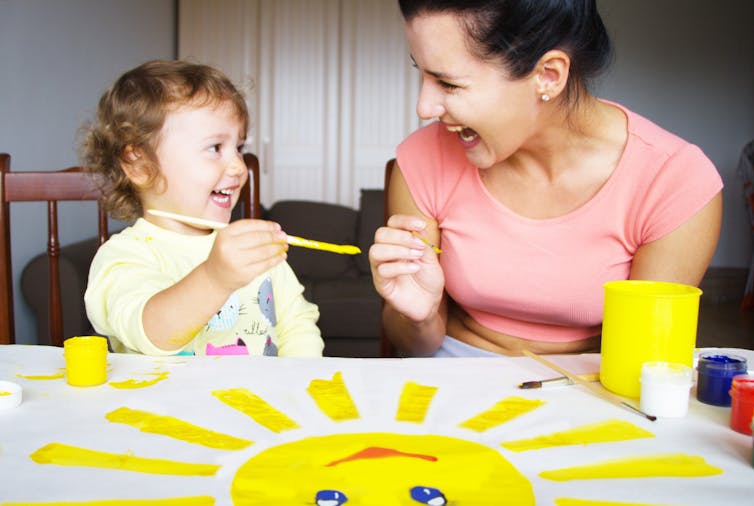
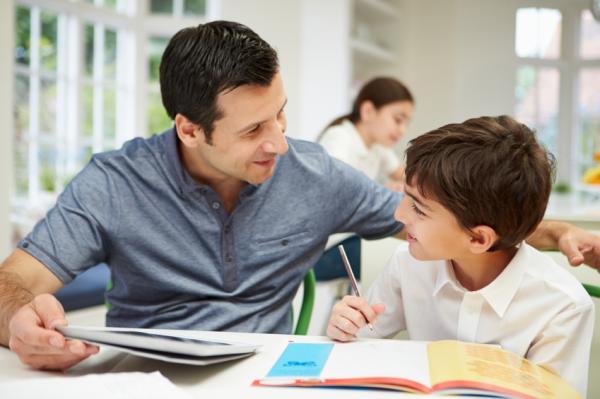
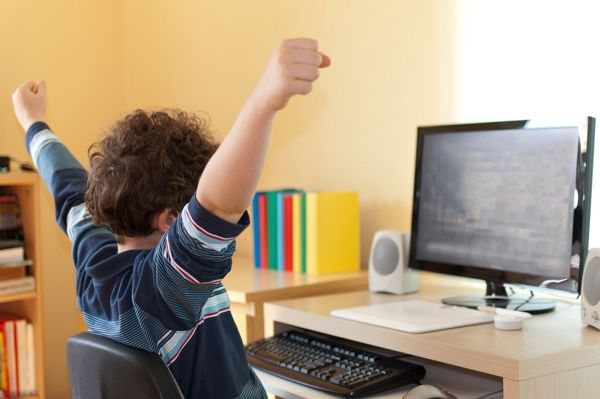
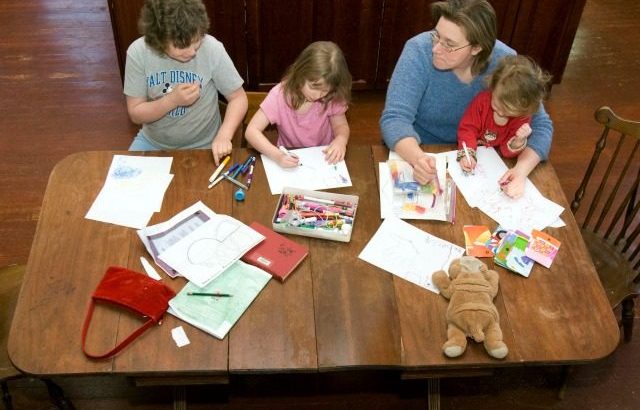





 Users Today : 37
Users Today : 37 Total Users : 35460300
Total Users : 35460300 Views Today : 54
Views Today : 54 Total views : 3419022
Total views : 3419022